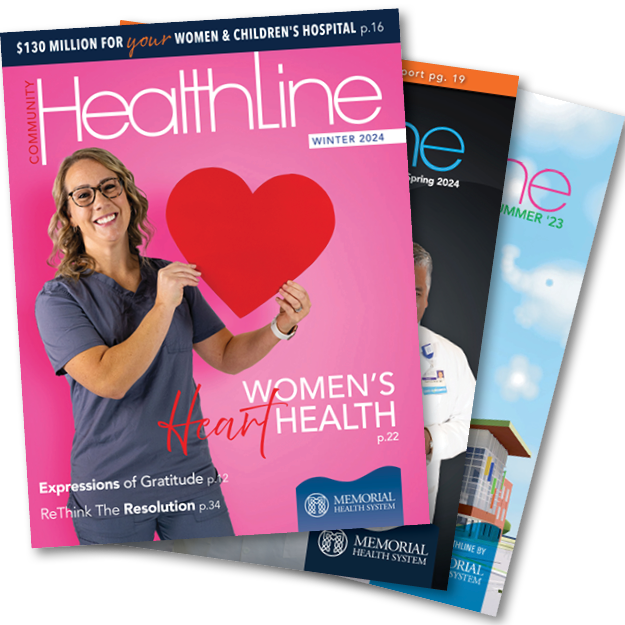Hypertensive crisis: What are the symptoms?
![]() November, 20th, 2024
November, 20th, 2024
Question
What's a hypertensive crisis? If I have a spike in my blood pressure, what should I do?
Summary
A sudden rise in blood pressure over 180/120 mm Hg is considered a medical emergency, or crisis. It can lead to a stroke. Know the symptoms.
Answer
, Answer Section, ,
A hypertensive crisis is a sudden, severe increase in blood pressure. The blood pressure reading is 180/120 millimeters of mercury (mm Hg) or greater. A hypertensive crisis is a medical emergency. It can lead to a heart attack, stroke or other life-threatening health problems. Seek emergency medical help for anyone with these blood pressure numbers.
Severely high blood pressure can damage blood vessels and body organs, including the:
- Heart.
- Brain.
- Kidneys.
- Eyes.
During a hypertensive crisis, the heart may not be able to pump blood as well as it should.
There are two types of hypertensive crises.
- Urgent hypertensive crisis. Blood pressure is 180/120 mm Hg or greater. There are no signs of organ damage.
- Emergency hypertensive crisis. Blood pressure is 180/120 mm Hg or greater. There is life-threatening damage to the body’s organs.
Causes of a hypertensive crisis include:
- Forgetting to take blood pressure medicine.
- Suddenly stopping certain heart medicines, including beta blockers.
- Medicine interactions.
- Tumor of the adrenal gland, called a pheochromocytoma.
Symptoms of a hypertensive crisis may include:
- Anxiety.
- Blurred vision.
- Chest pain.
- Confusion.
- Nausea and vomiting.
- Not responding to stimulation, called unresponsiveness.
- Seizures.
- Severe headache.
- Shortness of breath.
If you get a very high blood pressure reading at home and don’t have any symptoms, relax for a few minutes. Then check your blood pressure again. If it’s still very high, seek medical care.
Call 911 or emergency medical services if your blood pressure is 180/120 mm Hg or greater and you have chest pain, shortness of breath, or symptoms of stroke. Stroke symptoms include:
- Numbness or tingling.
- Loss of feeling in the face, arm or leg, often on just one side of the body.
- Trouble walking.
- Trouble speaking.
- Changes in vision.
Treatment for a hypertensive crisis may include a hospital stay to watch for organ damage. Medicines to lower blood pressure are given by mouth or IV.
© 1998-2025 Mayo Foundation for Medical Education and Research (MFMER). All rights reserved. Terms of Use



